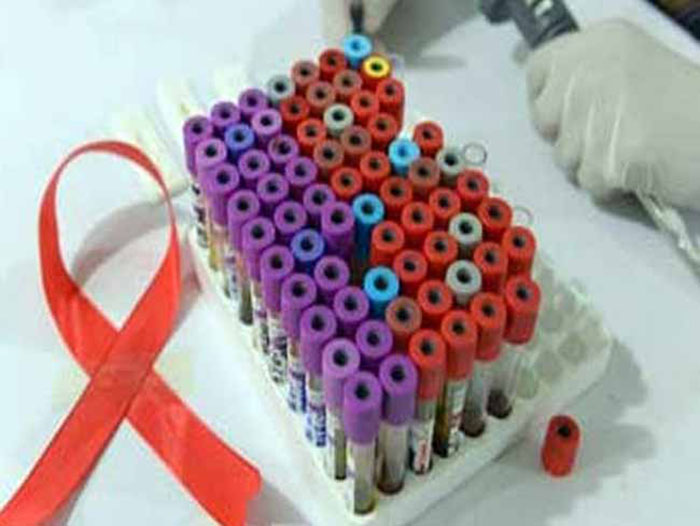New low-cost printer tracks HIV patients` health

Flow cytometers, however, are bulky machines that run on electricity. The machines also cost upwards of USD 50,000.
"Flow cytometers are not practical for areas with limited resources like Africa or Mexico," said Thomas Boland, a professor of metallurgical, materials and biomedical engineering at University of Texas at El Paso who created a less expensive, battery-powered health monitoring tool for use in third world countries.
The portable device works by helping clinicians count the number of CD4 cells - cells that are attacked by HIV - in the body.
After drawing a patient`s blood, clinicians mix in magnetic microscale beads that latch on to CD4 cells in the blood. The mixture is then placed in an inkjet printer that`s been modified to print out cells instead of ink.
Rather than printing vertically onto a sheet of paper, the cells are shot out horizontally onto a magnetised microscopic slide.
CD4 cells in the blood automatically attach to the slide, while other cells that do not need to be counted dribble down into an excess container.
Doctors can then look at the slide through a microscope to count the number of CD4 cells on it. That number is inserted into an equation that calculates the total number of CD4 cells in the individual`s body.
The procedure takes as little as 20 minutes, resulting in ultra-quick results.
Mr Boland hopes his new printer will help doctors and patients in low-resource settings who don`t have access to flow cytometers.
The next step in the process is to license the technology to a company that is willing to help get it on the market. Several doctors in Mexico have already expressed interest in the device, Mr Boland said.















































